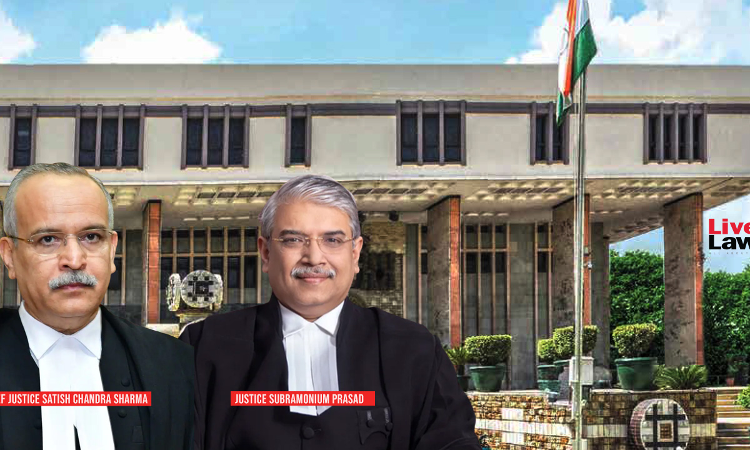Delhi High Court Directs MCD To Ensure Patients Living In Leprosy Colonies Are Not Evicted
Nupur Thapliyal
2 March 2023 12:29 PM IST

Next Story
2 March 2023 12:29 PM IST
The Delhi High Court has directed Municipal Corporation of Delhi (MCD) to ensure that the patients residing in leprosy colonies are not evicted and there are no encroachments on the land.A division bench of Chief Justice Satish Chandra Sharma and Justice Subramonium Prasad observed that leprosy affected persons should be considered for appointment under persons with disability quota and...
